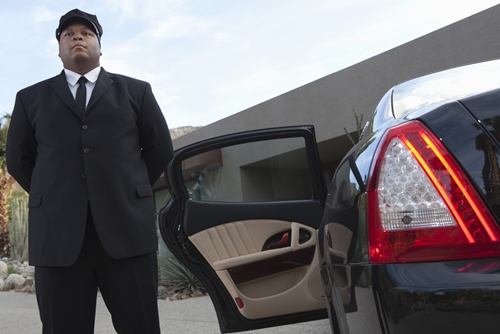Auburn Hills, Mich. — Apr. 07, 2017 — In a March action, Volkswagen plans to recall thousands of Touareg vehicles, with model years ranging from 2007 to 2010, and production dates between Sept. 14, 2006 and March 23, 2010.
The Part 573 Safety Recall Report filed with the National Highway Traffic Safety Administration said 16,005 vehicles were potentially involved, although the recall database entry itself said that number was 20,908 instead. Regardless, the report said the supplier connected to the fuel system defect was Continental Automotive GmbH in Germany.
The Defect
For affected Touareg models, a deteriorating fuel filter flange could lead to potentially dangerous leaks, as well as a possible fire hazard. The report said this might come from both internal vehicle pressure and aging component parts. Owners may notice this defect in their vehicle if they smell fuel from the leak.
Timeline of Events
- February, 2017: Volkswagen began reviewing information for possible reports of fuel filter failure, after a previous similar recall action involving Audi vehicles.
- March, 2017: The company’s product safety committee determined a defect existed on March 1, with the Safety Recall Report submitted exactly one week later.
The Resolution
The report did not specify a date for either dealer or owner notification for this recall, though it did state that it would most likely be in “May 2017.” In the meantime, the defect is not in danger of appearing in further models, since they are reportedly no longer produced.
In terms of the fix itself, it will require an inspection and a possible cover attached later if needed to fit over the fuel filter flanges themselves and reduce the chance of the filter aging. The official NHTSA campaign number for this recall is 17V151000, while the Volkswagen number for the same action is 20Z4.

